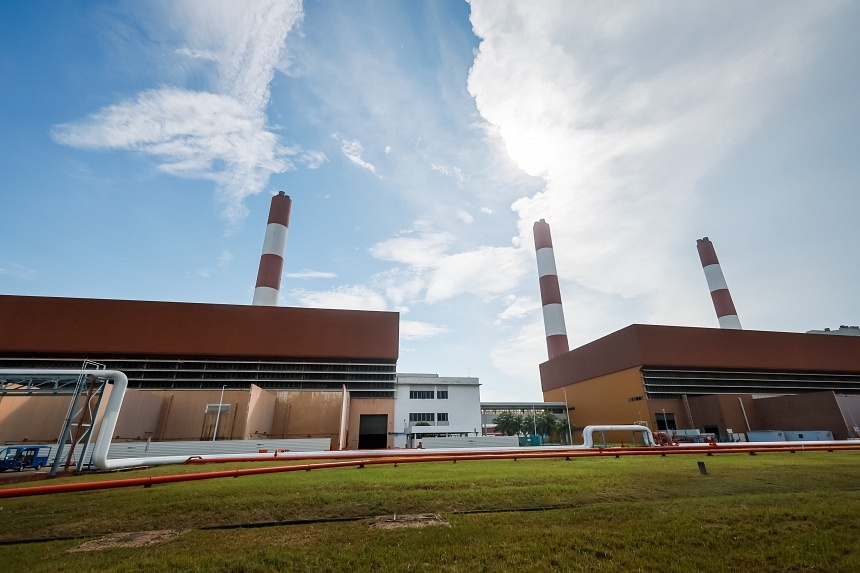Singapore's $800 Million Hydrogen-Ready Power Plant to Boost Renewable Energy Goals
Key Ideas
- Singapore is investing in an $800 million hydrogen-capable power plant at Pulau Seraya Power Station to help achieve its net-zero carbon emissions target by 2050.
- The new 600MW power plant will have the ability to use up to 50% hydrogen and 50% fossil fuels initially, with plans for full hydrogen operation in the future.
- The project marks a significant milestone for the power sector, with potential carbon footprint reductions of 17% using natural gas and 33% with a 50% hydrogen mix.
- The Energy Market Authority is driving the transition towards greener sources, aiming for at least nine hydrogen-compatible power plants in Singapore by 2030.
Singapore has initiated work on an $800 million power plant at Pulau Seraya Power Station, designed to utilize hydrogen for electricity generation. The plant, a hydrogen-ready combined cycle gas turbine, is being developed by YTL PowerSeraya to support Singapore's goal of achieving net-zero carbon emissions by 2050. Scheduled for completion by December 31, 2027, the plant will have a capacity of 600 megawatts, sufficient to power around 864,000 four-room flats for a year. Initially, it will operate on a mix of 50% hydrogen and 50% fossil fuels, with plans for future conversion to full hydrogen usage. Singapore's adoption of hydrogen is driven by its cleaner nature compared to natural gas, as hydrogen combustion does not produce carbon dioxide.
The project is viewed positively, with Singapore's peak system demand expected to increase by 3-5% annually over the next decade. The new power plant aims to meet this rising demand, ensuring reliable electricity supply during peak periods. It is the first tender awarded under the Energy Market Authority's new process framework, emphasizing the shift towards greener energy sources.
The power plant's development is supported by consortium partners GE Vernova and SEPCOIII, focusing on advancing hydrogen-ready power generation technology. The plant's technology enhances efficiency, with potential carbon emissions reductions of 17% using natural gas and 33% with a 50% hydrogen mix. While the timeline for full hydrogen operation is uncertain due to limited green hydrogen production, efforts are being made to align with Singapore's competitive energy landscape.
Moreover, the Energy Market Authority is exploring carbon capture technologies to complement natural gas usage in the energy mix. These initiatives reflect Singapore's commitment to exploring low-carbon energy pathways and reducing carbon footprints in the power sector.
Topics
Oceania
Renewable Energy
Technology
Carbon Emissions
Energy Transition
Economic Development
Power Sector
Electricity Generation
Green Fuel
Latest News
